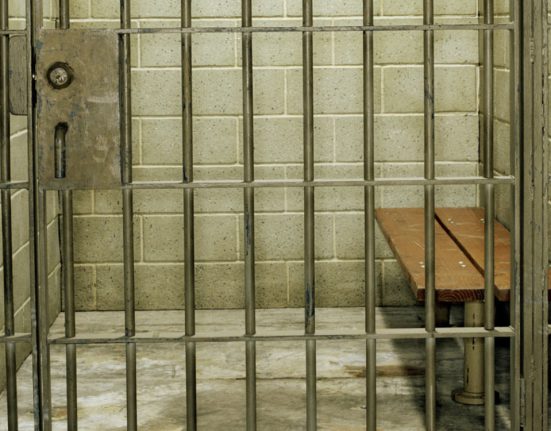Abuja, Nigeria – August 13, 2025
The Nigerian Correctional Service (NCoS) has disclosed that 8,246 inmates across custodial centres nationwide are living with mental health conditions. The figure was revealed by Dr. Glory Essien, Assistant Controller General of Corrections in charge of Medical Services, during the third public hearing of the Independent Investigative Panel on Alleged Corruption, Abuse of Power, Torture, and Other Inhumane Treatment by the NCoS, held in Abuja.
Dr. Essien described incarceration as a trigger for psychological distress, noting that the abrupt loss of freedom often exacerbates or induces mental health problems. She explained that the NCoS trains selected inmate leaders to identify early signs of distress, including withdrawal and refusal to eat, for prompt medical intervention.
However, she stressed that mental healthcare delivery in prisons is hampered by severe resource constraints, including shortages of psychiatric staff, medical drugs, and transport facilities.
In his remarks, Dr. Mohammed Bashir, Assistant Controller General of Corrections (Pharmaceutical Services), confirmed partnerships with psychiatric associations and the establishment of psychological service units, but admitted that drug supplies often run out within weeks. He also highlighted other operational burdens, such as the cost of menstrual pads for female inmates, which exceeds four million naira monthly.
Mental health experts have previously described the treatment of mentally ill inmates in Nigerian prisons—marked by isolation, chaining, and delayed access to care—as neglectful and, in some cases, tantamount to torture. They have called for urgent policy reform, improved funding, and the establishment of forensic mental health facilities to address the crisis.
The NCoS disclosure adds to growing concerns about the state of mental health services in Nigeria’s correctional system and the urgent need for systemic reform.



